
Any goal will provide focus and motivation for you to put in the amount of effort you need to do really well. But setting goals is never going to be a one-size-fits-all thing, particularly if your motivation is waning.
But a stretch goal, by definition, is aggressively ambitious, aiming for results radically beyond your current capacity and output and focusing on extremely difficult or extremely novel challenges that require innovative approaches.
So a stretch goal is one that pushes you, your team, and your organization to dream big, shoot for the stars, and achieve extraordinary results.
Setting stretch goals will involve having radical expectations that go beyond your current capabilities and performance. And when your performance expectations are set at what could appear to be near-impossible levels, all your previous techniques, routines, and frameworks simply won’t do. Chuck them out the window; it’s time now for a total rethink—for complete innovation.
Importantly, a real stretch goal is not about doing more of the same. It should be impossible to hit by doing more of the same old stuff. It is definitely not about “doubling the turnover” and expecting everyone to work harder and longer.
A real stretch goal is going to be about breaking into unchartered territory—smashing new ground—requiring different thinking; a whole new approach; revolution, not evolution; and qualitative, not quantitative, change. For some, this can breed a palpable sense of excitement and energy.
So, by its very nature, a stretch goal may bring greater rewards, but with it comes the inevitably greater risks.
The idea of stretch goals might sound incredibly alluring and exciting to you. It certainly is for some business leaders and people managers. But no doubt, sparking unfathomable business success is never a simple task at all.
Stretch goals will help you discover what you’re really capable of, but they do come with a couple of warnings. If you set a stretch goal wrong (i.e., without the right resources, the right mindset, or buy-in from everyone), it can demotivate people.
And stretch goals can have a dangerous tendency to foster unethical behavior, because people are under extreme pressure to achieve unrealistic goals and can sometimes make unethical decisions or create excessive risk.
Stretch goals need to be about your excellence—your human excellence—and not about financial targets. Financial goals can bring out the worst in us; instead, stretch goals need to appeal to the very best in us.






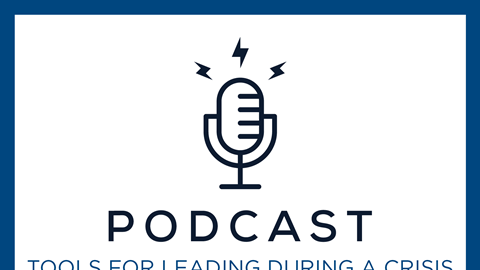
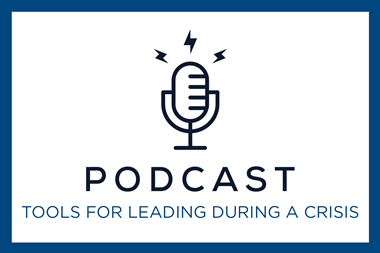
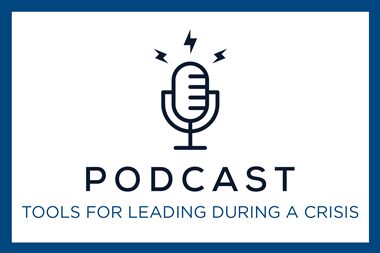
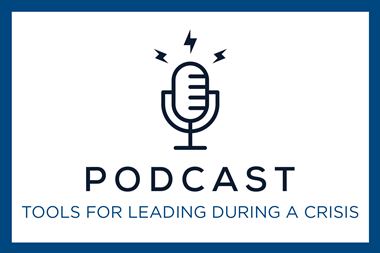
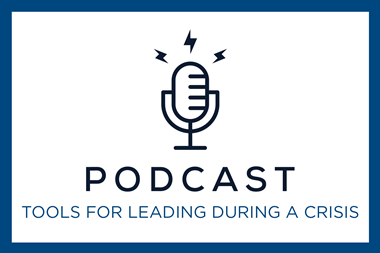
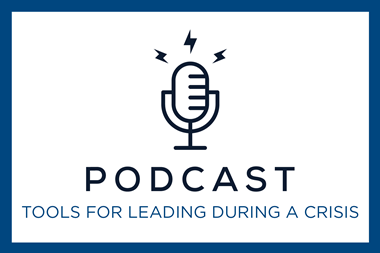




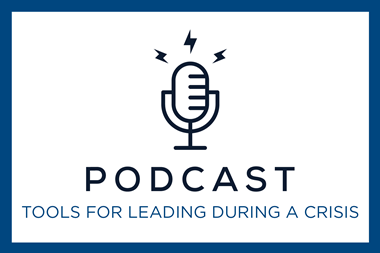



No comments yet